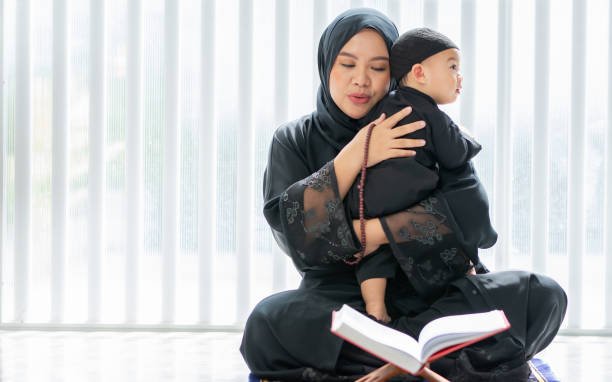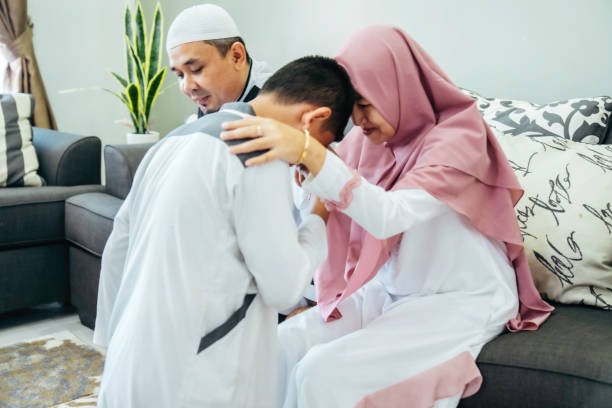
Islam, a religion of justice and peace, is sometimes misunderstood to be patriarchal and to cast women in a lower social class. This impression is not accurate, though. Islam has battled for women’s rights and dignity since its inception, seeing them as equal partners in both the social and spiritual domains.
Spiritual Equality: Women as Partners in Faith
The holy book of Islam, the Quran, makes repeated mention of men’s and women’s spiritual equality. It says, “Verily, the men and women who are submissive to God and do good works, for them is a reward that will never fail.” (Quran 33:35) This verse emphasizes the idea that a person’s status in God’s eyes is determined by their holiness and righteousness, not by their gender.
This idea was furthered by the Prophet Muhammad (peace be upon him), who said, “Women are the equal partners of men.” (Hadith Abu Dawud) He encouraged women to actively engage in religious pursuits, such as learning new things and participating in group prayers.
Social Roles: Nurturers, Educators, and Leaders
Islam honors the distinctive contributions made by women to society. As the primary caretakers who nurture the next generation and instill values, mothers are highly esteemed. Islam emphasizes the importance of education for women and encourages them to pursue knowledge in a variety of fields.
Muslim women have long held important positions in social affairs and leadership. Women have shown their ability to lead and think critically, from well-known scholars and educators to powerful queens and rulers.

Rights and Responsibilities: Protection and Empowerment
Islam gives women a great deal of rights, such as the ability to inherit, own property, and select who they marry. In order to ensure their financial security, women also have a right to financial support from their husbands.
Islam demands of women in return that they maintain their chastity, honor their husbands, and provide for their families. Rather than being a sign of subordination, these obligations are a recognition of their crucial role in maintaining a tranquil and well-balanced society.
Addressing Misconceptions: Dispelling Myths and Misinterpretations
The actual position of women in Islam has been distorted over time by specific cultural practices and interpretations. Islam’s position on women has been misrepresented due to misconceptions about gender roles, polygamy, and the veil.
It is critical to distinguish between cultural norms that may have developed over time and Islamic teachings. Islam’s fundamental beliefs, which support women’s equality, empowerment, and dignity, have not changed.

Conclusion
Islam envisions women as equals, spiritually fulfilled, and empowered. Islam recognizes the unique contributions women make to society and upholds their rights, laying the groundwork for a peaceful, progressive society in which both men and women can prosper.

